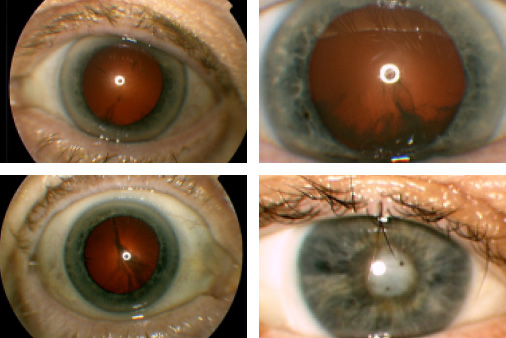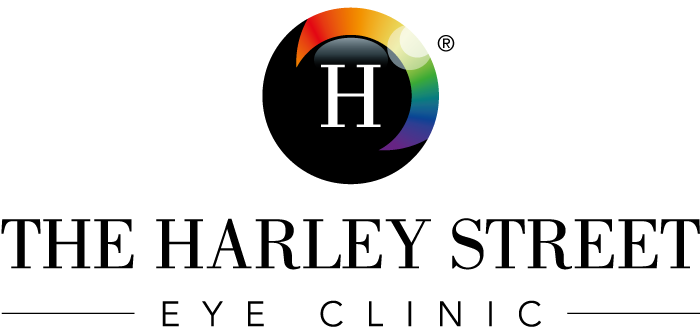Cataracts
Symptoms:
- Blurred vision
- Increased glare
- Loss of vision
- Fuzzy, misty or hazy vision
- Difficulty driving at night
- Difficulty reading
- Frequent changes to glasses or contact lenses
Cataracts are common, and mainly found in older people – the hazy, blurred vision, and the cloudy lens all contribute to an inability to live life to the full as before. In fact, a third of people aged over 65 have a cataract. But the good news is that cataracts are easily treatable.
If you have a cataract you will find that treatment is safe and effective and can dramatically improve the quality of your life from reading to driving or looking after your grand-children. Here at The Harley Street Eye Clinic, London we offer the very latest techniques for treating cataracts – in fact we are one of the few centres specially trained in state-of-the-art femtosecond laser-assisted cataract surgery, the next generation of cataract management.
What is a cataract?
A cataract is a cloudy area on the lens that obscures your vision. It is possible that you may have a cataract if your vision is blurred or hazy, if you have difficulty reading, experience increased glare, or have certain risk factors including family history or if you take certain medications e.g. anti-diabetic drugs.

Most cataracts develop gradually as you get older and are known as age-related cataracts. They are a normal part of the ageing process: most people aged over 70 have some signs of lens change that can lead to cataracts. However, cataracts can occasionally develop in babies, after injury, or as a secondary effect of illness. Cataracts are the most common cause of vision impairment in the world. In the UK, an estimated 2.5 million people aged over 65 have vision problems caused by cataracts.
- Cataracts can occur in both eyes or just one
- A third of all people aged over 65 have a cataract
- Around 350,000 operations to replace cataracts are performed every year in the UK
What can The Harley Street Eye Clinic do about cataracts?
What symptoms are typical of cataracts?
You may not notice a cataract at first because they develop gradually over the course of years. Cataracts usually develop in both eyes, but they may each be affected to different degrees. The main symptoms of cataracts are:
- Blurred vision
- Increased glare
- Loss of vision
- Fuzzy, misty or hazy vision
- Difficulty driving at night
- Difficulty reading
- Frequent changes to glasses or contact lenses
What causes a cataract and what risk factors are associated with their development?
The build-up of protein in the lens is the leading cause of a cataract. In a healthy eye, light passes through a forward-facing crystalline lens, where it is bent and focused onto the retina. From here it is relayed via the optic nerve into the brain, where it is processed as an image you see. But as you get older, proteins can build up in the lens, making it increasingly cloudy. This obscures the smooth passage of light onto the retina, interfering with your vision. This is called a cataract. Certain risk factors can make you more likely to develop cataracts. These include:
- A family history of cataracts
- Smoking
- Poor diet
- Overexposure to sunlight
- Taking medicines that contain steroids over a long period
- Diabetes
What are the most common types of cataracts?
The most common types of cataracts are:
- Age-related cataracts – this type of cataract develops as a result of getting older.
- Secondary cataracts – these develop as a result of other medical conditions, such as diabetes. They can also be caused by exposure to toxic substances, particular medicines, radiation or ultraviolet light.
- Traumatic cataracts – injury to the eye can sometimes cause a cataract to develop.
- Congenital cataracts – sometimes a cataract is present from birth.
How are cataracts diagnosed?
Copyright © The Harley Street Eye Clinic 2019
Find out more
To discuss the cause and treatment of your condition, please call us on the number below.
Monday to Friday 9am – 5pm
0207 060 0086
Any Queries
See our Frequently Asked Questions page.

